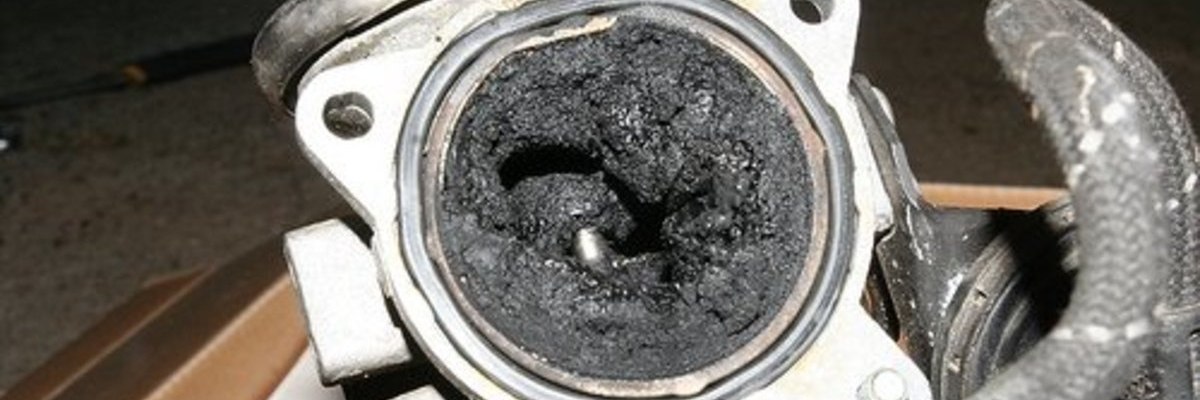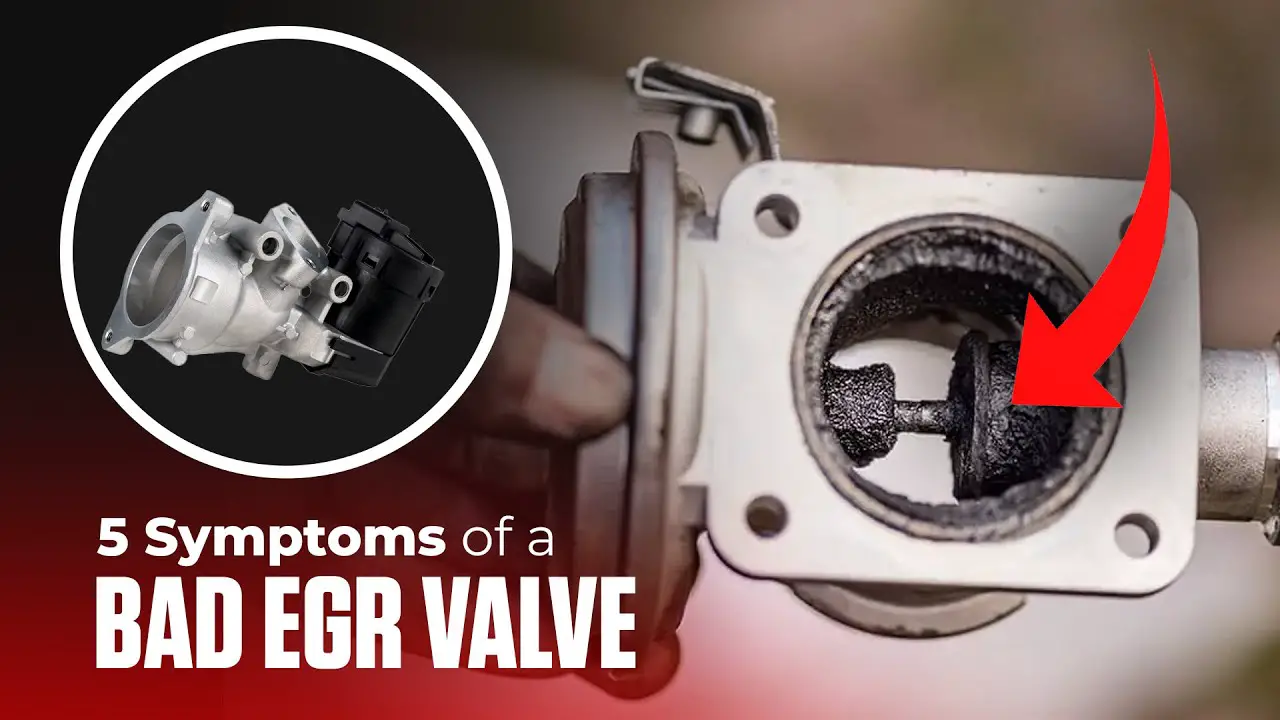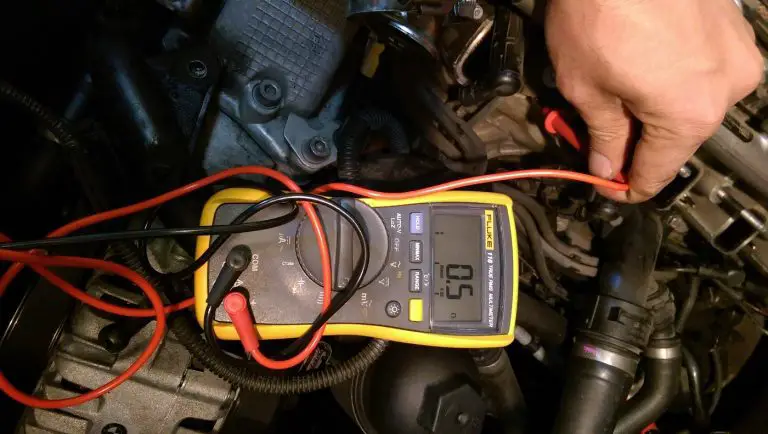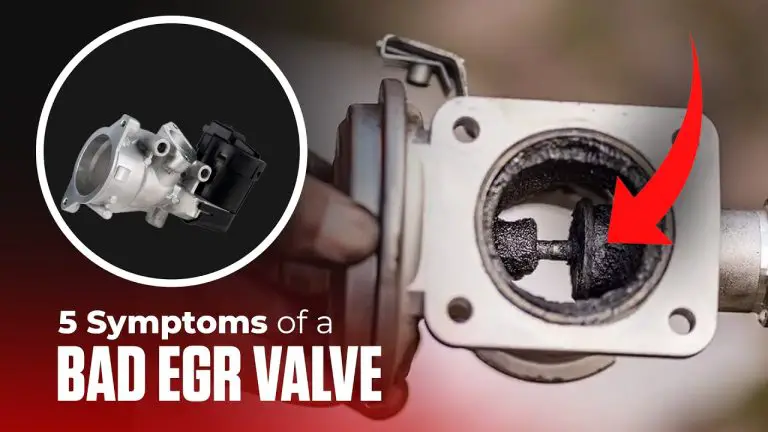Symptom of Bad Egr Valve
As a responsible car owner, it’s important to be aware of the various components of your vehicle and understand how they contribute to its overall performance. The Exhaust Gas Recirculation (EGR) valve is a crucial part of your car’s emission control system, and when it malfunctions, it can lead to a variety of problems. In this article, we will explore the symptoms of a bad EGR valve, the potential consequences of ignoring these signs, and the importance of timely replacement.
What is an EGR Valve?
The EGR valve is designed to redirect a portion of the exhaust gases back into the engine’s combustion chambers. This process helps lower the temperature of the combustion process, reducing the formation of harmful nitrogen oxides (NOx). By reintroducing exhaust gas into the cylinders, the EGR valve plays a critical role in decreasing emissions and improving fuel efficiency.
Symptoms of a Bad EGR Valve
A malfunctioning EGR valve can manifest itself through a variety of symptoms. Recognizing these signs is crucial for diagnosing the issue and taking the necessary steps to address it. Here are some common symptoms of a bad EGR valve:
| Symptom | Description |
|---|---|
| 1. Rough Idling | When the EGR valve is stuck open or closed, it can lead to rough idling as the engine struggles to maintain a steady RPM. |
| 2. Engine Misfiring | A malfunctioning EGR valve can cause the engine to misfire, leading to a noticeable loss of power and performance. |
| 3. Check Engine Light | If the EGR valve is not functioning properly, it can trigger the check engine light to illuminate on the dashboard. |
| 4. Increased Fuel Consumption | A faulty EGR valve can disrupt the air-fuel mixture, leading to increased fuel consumption and reduced fuel economy. |
| 5. Elevated Emissions | When the EGR valve fails, it can result in higher emissions, potentially causing the vehicle to fail emissions tests. |
The Importance of Timely Replacement
Ignoring the symptoms of a bad EGR valve can have serious consequences for your vehicle and the environment. Failing to address this issue can lead to decreased fuel efficiency, increased emissions, and potentially costly repairs in the long run. Furthermore, a malfunctioning EGR valve can negatively impact the overall performance and drivability of your vehicle, compromising the driving experience and safety.
Timely replacement of a bad EGR valve is crucial for restoring the proper function of the emission control system and ensuring optimal engine performance. By addressing this issue promptly, you can prevent more severe problems from developing and ultimately save money on repairs and fuel costs.

Credit: www.stoneacre.co.uk
Frequently Asked Questions Of Symptom Of Bad Egr Valve
What Are The Symptoms Of A Bad Egr Valve?
A bad EGR valve may cause rough idling, engine knocking, and decreased fuel efficiency.
Can A Bad Egr Valve Cause A Check Engine Light?
Yes, a faulty EGR valve can trigger the check engine light to illuminate.
How Does A Bad Egr Valve Affect Engine Performance?
A malfunctioning EGR valve can lead to engine hesitation and a decrease in power.
Is It Safe To Drive With A Bad Egr Valve?
Continuing to drive with a bad EGR valve can lead to further damage to the engine.
Conclusion
As a critical component of the emission control system, the EGR valve plays a key role in reducing harmful emissions and improving fuel efficiency. Recognizing the symptoms of a bad EGR valve and understanding the importance of timely replacement are essential for maintaining the overall health and performance of your vehicle. By staying vigilant and addressing any signs of EGR valve malfunction, you can ensure that your car operates efficiently, meets emission standards, and remains in good working condition.




